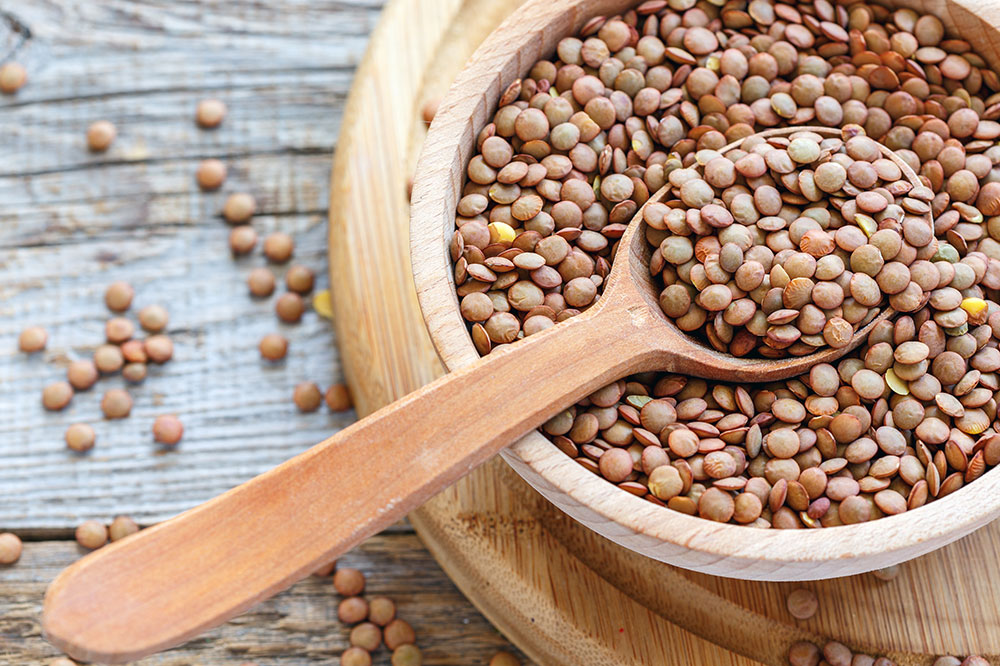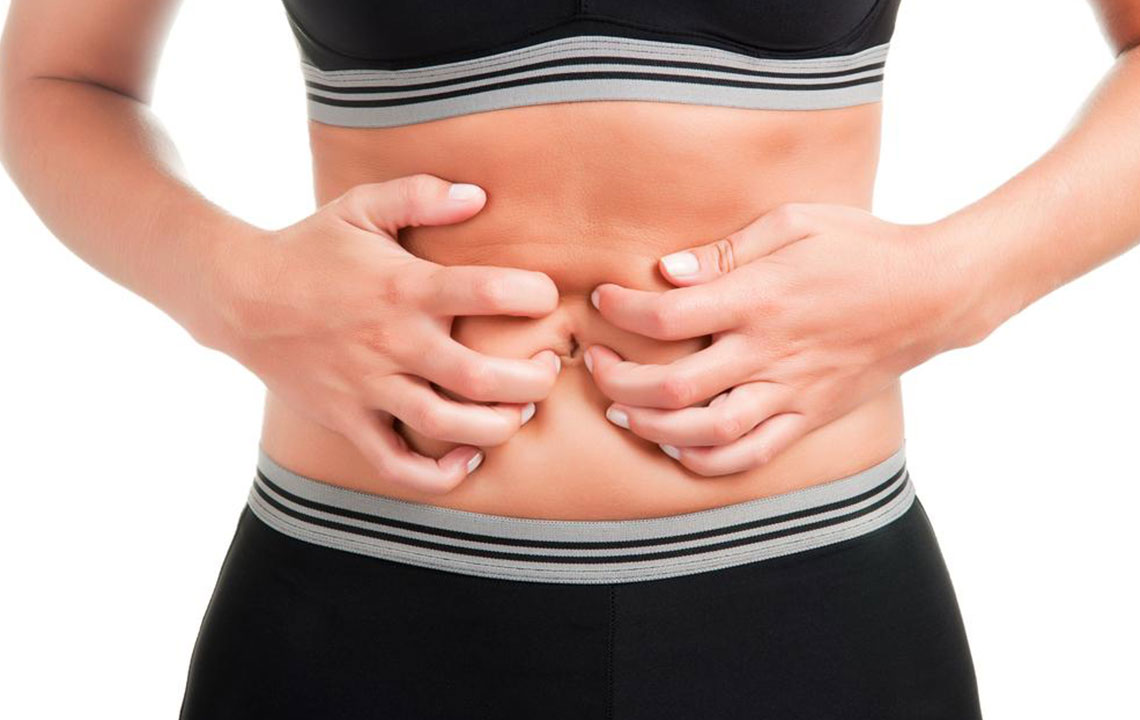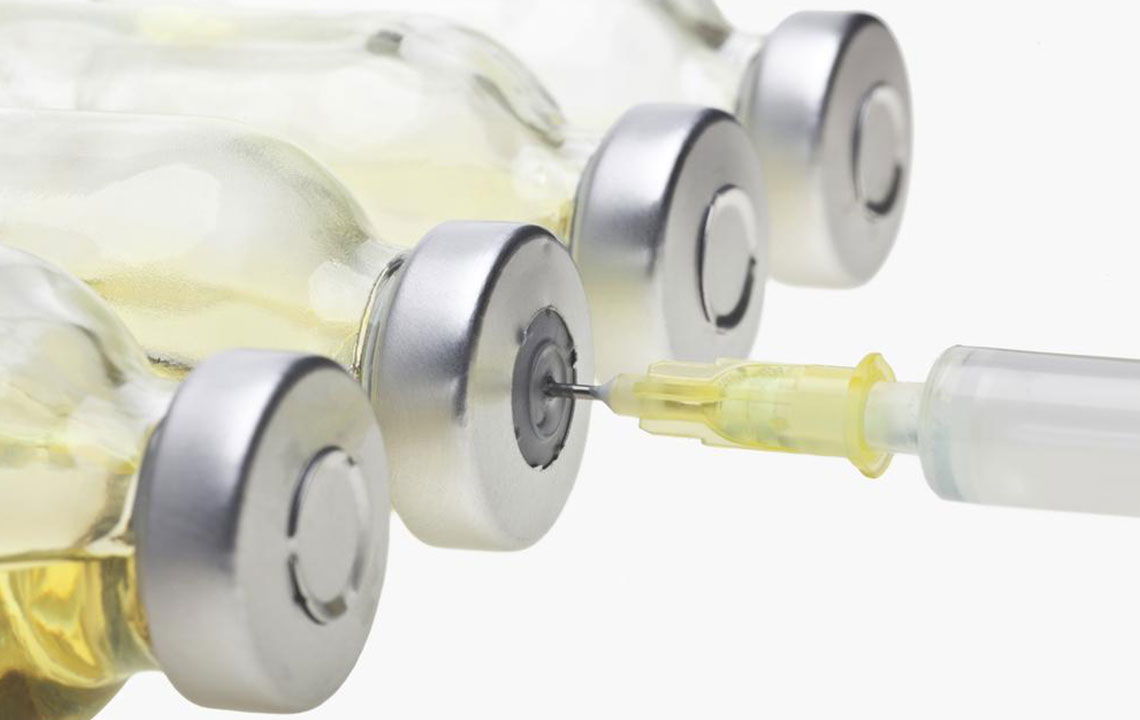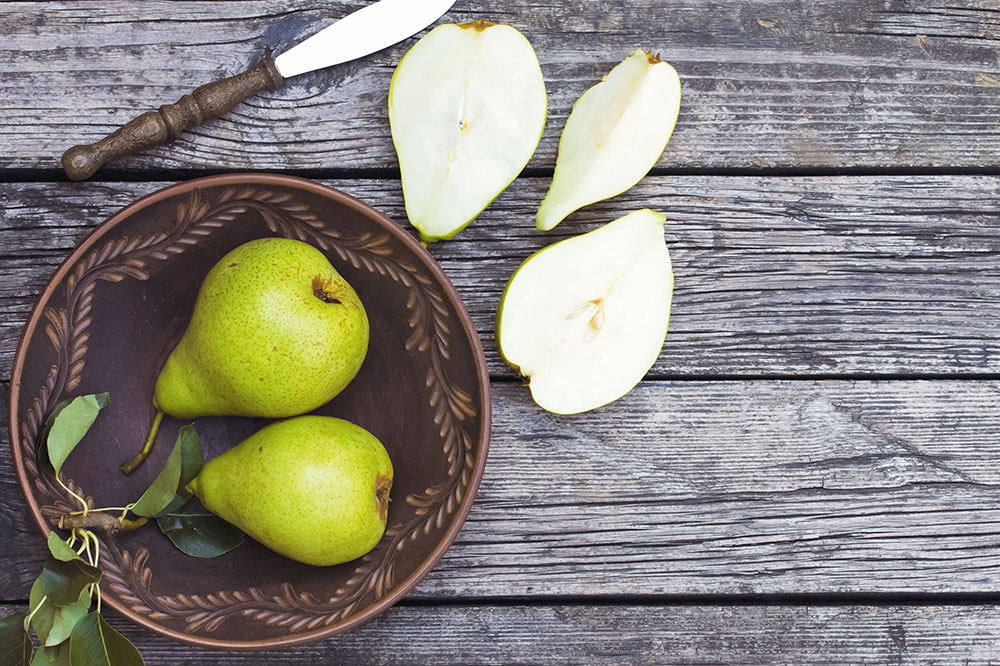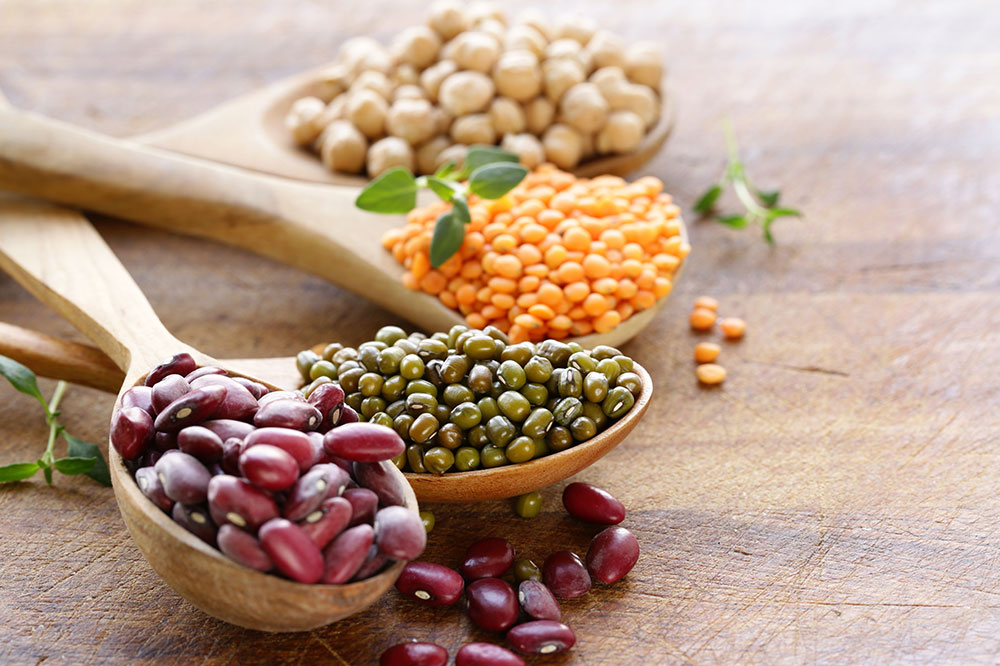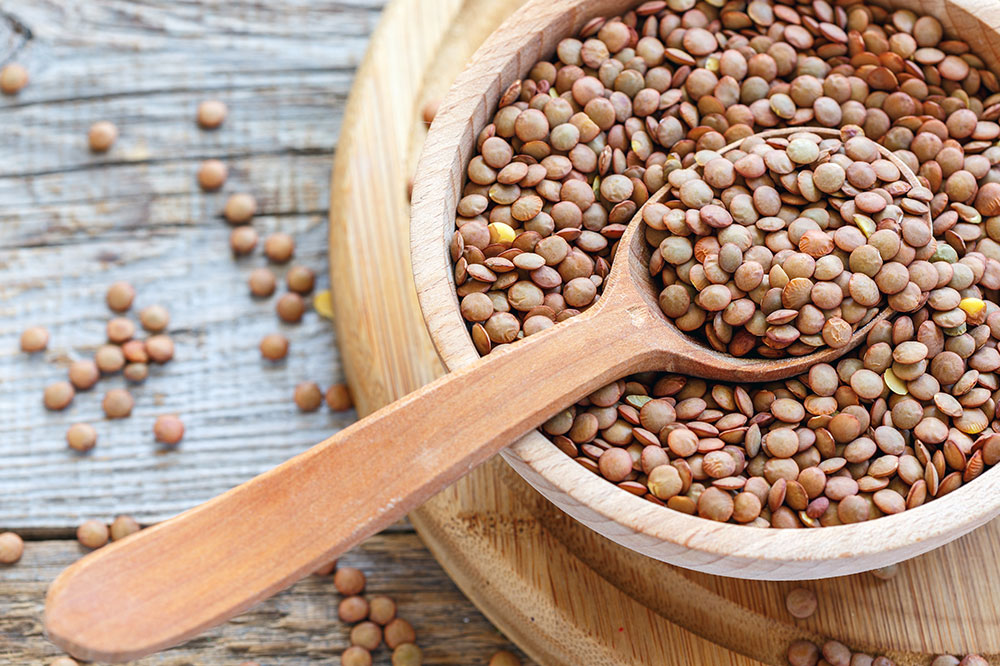Comprehensive Dietary Strategies to Manage Bladder Control and Incontinence
This comprehensive guide provides effective dietary strategies to manage bladder control and incontinence. It highlights foods to avoid, including caffeine and spicy foods, and recommends bladder-friendly options like lean proteins, whole grains, and vegetables. Additionally, the article discusses medical treatments such as GEMTESA and MYRBETRIQ, offering a holistic approach to improving bladder health. Ideal for individuals seeking natural and medical solutions, these tips aim to enhance quality of life and reduce symptoms of overactive bladder and incontinence.
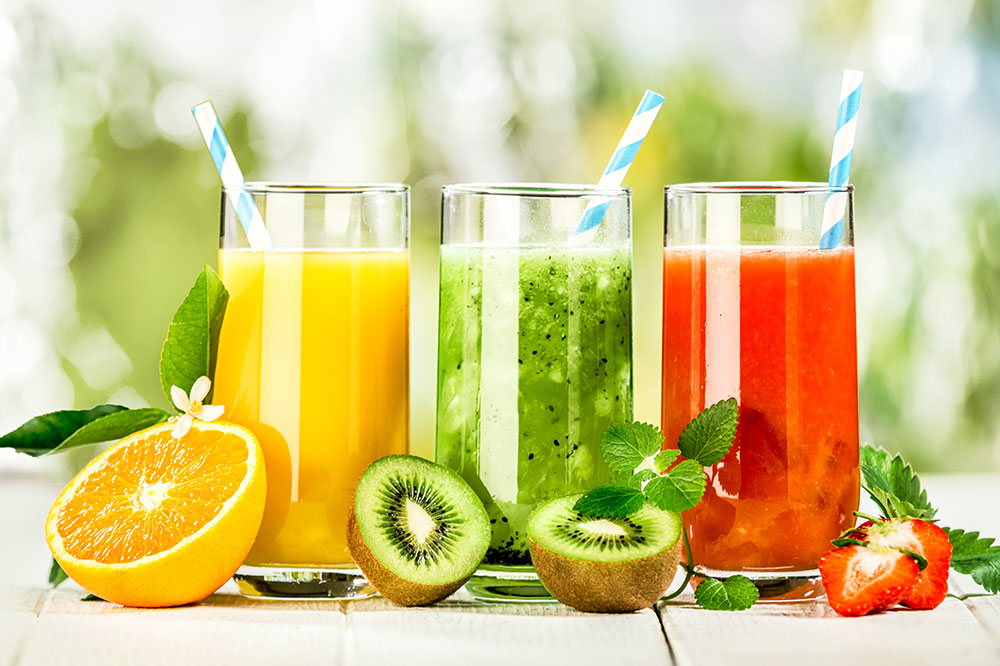
Enhanced Diet Tips for Promoting Bladder Health and Managing Incontinence
Bladder control issues, including incontinence and overactive bladder, are prevalent concerns affecting millions worldwide, especially women. Recent research indicates that more than 30% of women experience some form of bladder difficulty at various stages of life, often linked to factors such as aging, excess weight, weakened bladder muscles, hormonal changes, and certain medications. While medical treatments are essential, nutrition and dietary habits play a fundamental role in managing and alleviating symptoms. Implementing specific dietary adjustments can significantly improve bladder health, reduce urgency, and enhance quality of life.
Understanding Bladder Health and Contributing Factors
Maintaining a healthy bladder involves a combination of lifestyle choices, hydration, and nutritional intake. Factors like obesity, smoking, caffeine consumption, alcohol intake, and certain medications can compromise bladder function. Additionally, specific foods and beverages can irritate or inflame the bladder lining, leading to increased urgency, frequency, or incontinence episodes. Therefore, a strategic approach to diet is crucial for those seeking to manage these symptoms effectively.
Foods and Drinks to Limit or Avoid
Certain items are known to worsen bladder symptoms and should be consumed sparingly or eliminated altogether. These include:
Caffeine: Commonly found in coffee, black or green tea, energy drinks, and soft drinks, caffeine acts as a natural diuretic, increasing urine production and potentially triggering more frequent urination. For individuals with bladder control issues, reducing caffeine intake can help alleviate urgency and reduce discomfort.
Alcohol: Alcoholic beverages can irritate the bladder, increase urgency, and interfere with normal communication between the bladder and brain. Limiting alcohol not only eases bladder pressure but also promotes better hydration and overall bladder function.
Spicy and Irritating Foods: Foods with chili peppers, hot sauces, horseradish, mustard, and other spices can inflame the bladder lining, leading to heightened symptoms. Reducing spicy foods may bring relief and prevent exacerbation of symptoms.
Artificial Sweeteners: Found in diet sodas, sugar-free gums, and processed foods, artificial sweeteners like aspartame and saccharin can cause overactivity of bladder muscles and increase the risk of urinary tract infections, especially in women.
Incorporating Bladder-Friendly Foods
To support bladder health, certain foods can be beneficial when included thoughtfully in your diet. These foods help minimize irritation, promote healthy bladder function, and may reduce symptoms over time:
Lean Proteins: White fish such as cod, haddock, and tilapia; plain Greek yogurt; beans, peas, lentils; lean poultry like chicken and turkey; and powdered peanut butter are excellent sources of protein that are gentle on the bladder. These foods help reduce inflammation and irritation.
Whole Grains: Oats, quinoa, brown rice, millet, and other whole grains provide complex carbohydrates that promote regular bowel movements, which in turn can help reduce pressure on the bladder and improve control.
Starchy Vegetables: Potatoes, especially sweet potatoes and russet varieties, are soothing and filling options that do not typically irritate the bladder. They provide fiber and essential nutrients that support overall urinary health.
Pears: This fruit is low in sugar and high in fiber, aiding in smooth digestion and bowel movements. Pears contain antioxidants and phytochemicals that may help lower the risk of urinary tract infections and support immune health.
Cruciferous Vegetables: Broccoli, Brussels sprouts, cauliflower, and cabbage are nutrient-dense vegetables rich in vitamins C, E, K, folate, and fiber. They support immune function and help maintain bladder lining integrity.
Medical and Pharmacological Interventions
For some individuals, dietary modifications alone might not suffice, and medical treatments are necessary. Several medications are approved and commonly prescribed to manage overactive bladder and incontinence:
GEMTESA (Fesoterodine fumarate): An oral medication approved specifically for overactive bladder, GEMTESA helps reduce symptoms such as urinary urgency and frequency. Typically administered as a 75 mg tablet once daily, common side effects include headache, nausea, and diarrhea. Patients should consult their healthcare provider for personalized advice and monitoring.
MYRBETRIQ (Mirabegron): This medication works by relaxing bladder muscles, thereby increasing storage capacity and decreasing urgency. The usual starting dose is 25 mg, which can be increased to 50 mg under medical supervision. Side effects may include hypertension, dizziness, or urinary retention.
Conclusion
Managing bladder control issues requires a holistic approach that combines medical treatment, lifestyle changes, and dietary adjustments. By avoiding bladder irritants like caffeine, alcohol, and spicy foods, and increasing intake of bladder-friendly foods such as lean proteins, whole grains, and vegetables, individuals can significantly improve their symptoms. Consulting healthcare professionals for appropriate medications and individualized treatment plans is also essential. With consistent efforts in diet and lifestyle, many people experience a better quality of life with reduced incontinence episodes and improved bladder health.
